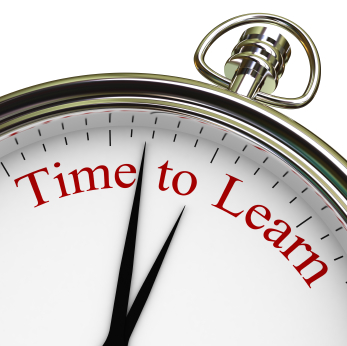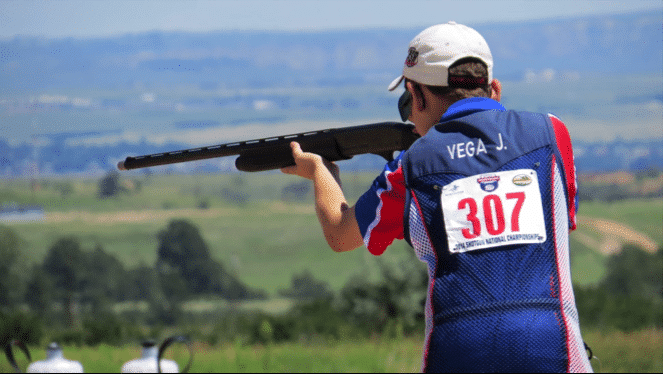Meet Tina Blue, the Virgin Island’s 1st IM Provider
Meet Tina Blue, a world class OT who has been practicing for decades. She moved to the Virgin Islands in 2001 and opened her own practice in 2012. In this article, Tina talks about how she has utilized IM with clients from all walks of life, even some superstar athletes. Read more to find out how Tina has been helping clients get the most out of therapy.
Sports and IM
 Several of the teens that I see have come into the clinic for learning issues, but also are wondering if IM will help them in sports. Whenever a child brings this up to me, I really like to involve them in creating an exercise that they think will help them to work on their specific sport. Now sometimes, the activity is very crazy, and the child is unable to perform it – but sometimes they come up with something really good that I then ask their permission to use with other children.
Several of the teens that I see have come into the clinic for learning issues, but also are wondering if IM will help them in sports. Whenever a child brings this up to me, I really like to involve them in creating an exercise that they think will help them to work on their specific sport. Now sometimes, the activity is very crazy, and the child is unable to perform it – but sometimes they come up with something really good that I then ask their permission to use with other children.
A Bit of Research: The important of timing in Speed Skating and the use of the Interactive Metronome
The important of timing in Speed Skating and the use of the Interactive Metronome
 Researchers at Korea University College of Medicine (Park et al, 2012) recently conducted a neural imaging study of elite speed skaters to investigate whether training of complex motor skills resulted in structural changes to the cerebellum. The cerebellum responds to intense, repetitive training with increased brain mass in areas critical for skilled motor movement, in this case for control of balance, precisely coordinated movement, and visually guided movement. The authors compared the cerebellums of professional speed skaters to individuals who did not engage in regular exercise. They found that the specific skills required for speed skating that were trained repetitively resulted in structural changes to the brain that enhanced balance and coordination. They also found that the particular side of the cerebellum that was exercised repeatedly was affected (i.e., the right side due to maintaining balance on the right foot during turns). Of note, the cerebellum is also a central part of the brain’s internal timing network. The timing and synchronization of neural signals ultimately controls balance and coordination…
Researchers at Korea University College of Medicine (Park et al, 2012) recently conducted a neural imaging study of elite speed skaters to investigate whether training of complex motor skills resulted in structural changes to the cerebellum. The cerebellum responds to intense, repetitive training with increased brain mass in areas critical for skilled motor movement, in this case for control of balance, precisely coordinated movement, and visually guided movement. The authors compared the cerebellums of professional speed skaters to individuals who did not engage in regular exercise. They found that the specific skills required for speed skating that were trained repetitively resulted in structural changes to the brain that enhanced balance and coordination. They also found that the particular side of the cerebellum that was exercised repeatedly was affected (i.e., the right side due to maintaining balance on the right foot during turns). Of note, the cerebellum is also a central part of the brain’s internal timing network. The timing and synchronization of neural signals ultimately controls balance and coordination…
Reaching Peak Performance with IM
IM is not only for those with a disorder. Did you know that among other sports teams we have worked with Notre Dame? IM works on timing and precision speed which are critical for an athlete. Check out this media clip.




